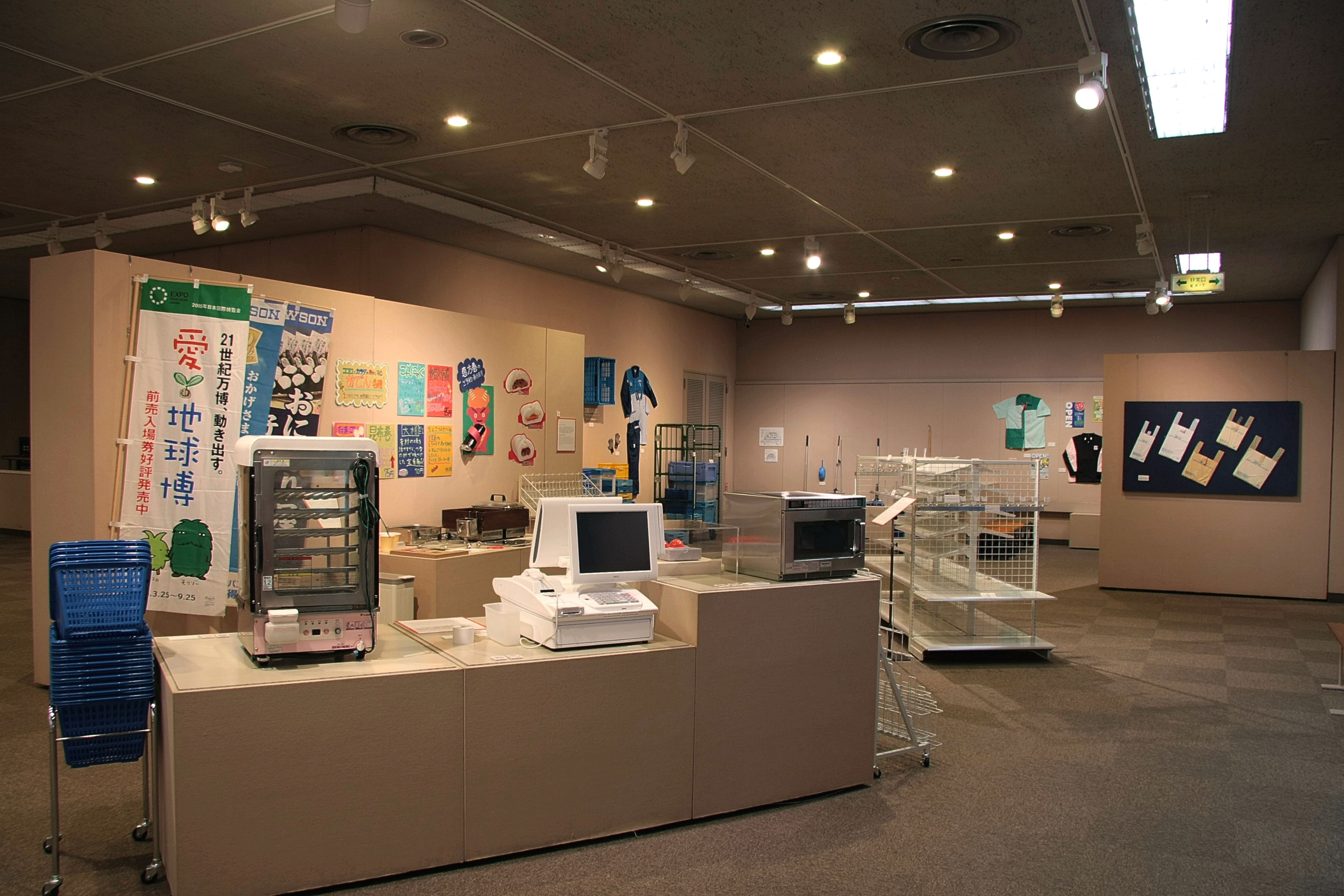"Mingei" translates as "folk art" and is connected to objects that are made or used by ordinary people on an everyday basis. Usually this evokes hand-crafted objects, such as ceramics, baskets, items of woodwork, etc. As such, the term is evocative of the era before mass global trade. In modern Japan, with cheap imported items freely available, mingei goods production is slowly dying out, now being kept alive by enthusiasts and hobbyists rather than the common people. This raises the question of what the "folk art" of the future will be.
The free exhibition "Counter Culture: Japan's Konbini and Elements of Mingei" at the International Christian University's Hachiro Yuasa Memorial Museum has come up with a radical answer: the konbini, the ubiquitous convenience store and the items associated with it.
"Three hundred years from now, won't the convenience store be our mingei?," asks Gavin Whitelaw, assistant professor at the university's sociocultural anthropology department, who conceived the show.



